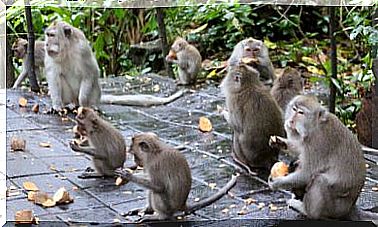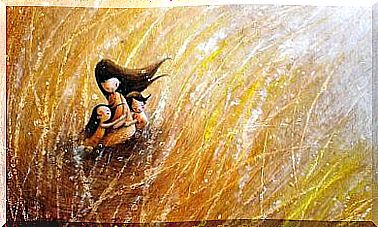Curiosities About Work

Perhaps one of the first curiosities about work is that many do not know whether to classify it as a condemnation or a privilege. Although the fact of working involves efforts, and often sacrifices, it is also true that not having a job brings significant difficulties and limitations for a person.
There have always been workers. In fact, a good part of the evolution, physical, mental and social of the human being is due to productive activities. However, another curiosity about work tells us that we are reaching a point where a good part of human tasks can end up delegated to machines. Every day this becomes more evident.
The work will not disappear, but it is possible that it will become increasingly specialized and creative. We are already in the framework of a society in which the advantage is held by those who have more knowledge. This will become more and more evident. The following are other curiosities about the job.

Curiosities about work: schedules
The working hours is one of the elements that has been debated since a large working masses was created with capitalism. Even the day of the worker commemorates the tragic events of 1886, in Chicago (United States). Several workers lost their lives when they went on strike demanding an 8-hour workday.
A little more than a century ago, working hours were not regulated. The usual thing was that they worked 12 hours, from Monday to Sunday. There were even people who worked even longer hours and it was all legal. Legal working hours, which are in force in most parts of the world, are the fruit of hard struggles by workers.
There is currently no full agreement on the optimal number of hours per week that should be devoted to work. However, rest has been found to be just as important as work activity, as someone fatigued becomes much more unproductive.
The salary: another labor conquest
Another curiosity about work has to do with salary. To begin with, the word ‘salary’ comes from the Latin salarium , which means ‘to pay with salt’. In Ancient Rome it was common for soldiers to be paid with salt, since this element was scarce and highly valued, as it helped preserve food and give it flavor.
Throughout history, workers have been paid in many ways. Many times with goods, as in the case of salt, but also with the right to inhabit a house or land. In the early days of capitalism, each company had the freedom to pay the workers whatever they wanted. They could even be paid with three meals a day. This suggested that it was a covert form of slavery.
The first time a minimum wage was agreed was in 1894, in New Zealand. However, in many countries of the world this basic income was only regulated well into the 20th century. There are many inequalities in the limit of this minimum wage, in different countries. The best level is in Geneva (Switzerland), with around 3,500 euros per month. The worst level is in Zambia, with 0.1 euros per month.

More curiosities about work
Police work is often thought to be the most dangerous in the world. However, contrary to popular belief, garbage collector, taxi driver or waiter jobs have higher rates of death at work.
Those are not the only dangerous activities. Another curiosity about the job is that it has been established that there are high-tension jobs, such as bus drivers, nurses and assembly line workers. These cause high levels of stress in people, since they generate strong psychological demands. Those who perform these tasks have a higher risk of developing a heart disease: atrial fibrillation.
The obsession with work is a typically contemporary phenomenon. Until not long ago, people highly valued rest and only overworked if it was strictly necessary. Today, many are anxious when they are not working and feel guilty when resting. Curious, right?









